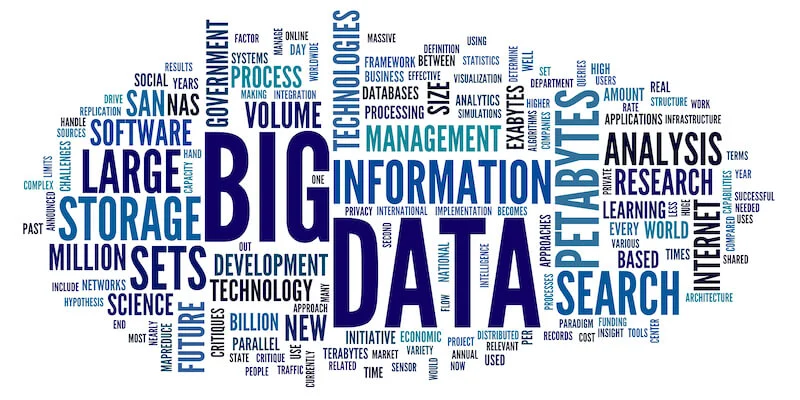Just a quick one today.
I like using Fedora. I've used it since I transitioned from Red Hat proper back when it was called "Fedora Core". I just prefer it, though I do keep other flavors on tap to mess around with or provide easy access to utilities that are ready made for them, but not Fedora or Rocky Linux.
That said, I run WSL (the Windows Subsystem for Linux) on my Windows boxes and frequently interact with them via the CLI whenever I see that a task would be easier with a bit of "Linux-Fu". Having installed Fedora for WSL once that was available, I wondered what the process would be to update the versions from, say, 42 to 43, as this was the most recent update. I actually found the process to be nearly identical to the process on Fedora proper.
To that end, I found out how to do it from a post on the Fedora Project's forum (thank you Manuel Fombuena, aka "mandolin"!). I will post the link to this forum post below, but I figured I would present it here in this short blog, so here it is, paraphrased from Manuel's post...
How to Update Fedora for WSL
Prep Your Fedora for WSL Instance
Upgrade Your Fedora for WSL Instance
Upgrade WSL
Changing the Title in Windows
HKEY_CURRENT_USER\Software\Microsoft\Windows\CurrentVersion\Lxss\{uuid-string}\DistributionName
HKEY_CURRENT_USER\Software\Microsoft\Windows\CurrentVersion\Lxss\{uuid-string}\ShortcutPath
https://discussion.fedoraproject.org/t/wsl-how-do-i-upgrade-from-fedoralinux-42-to-fedoralinux-43/171750/5





















